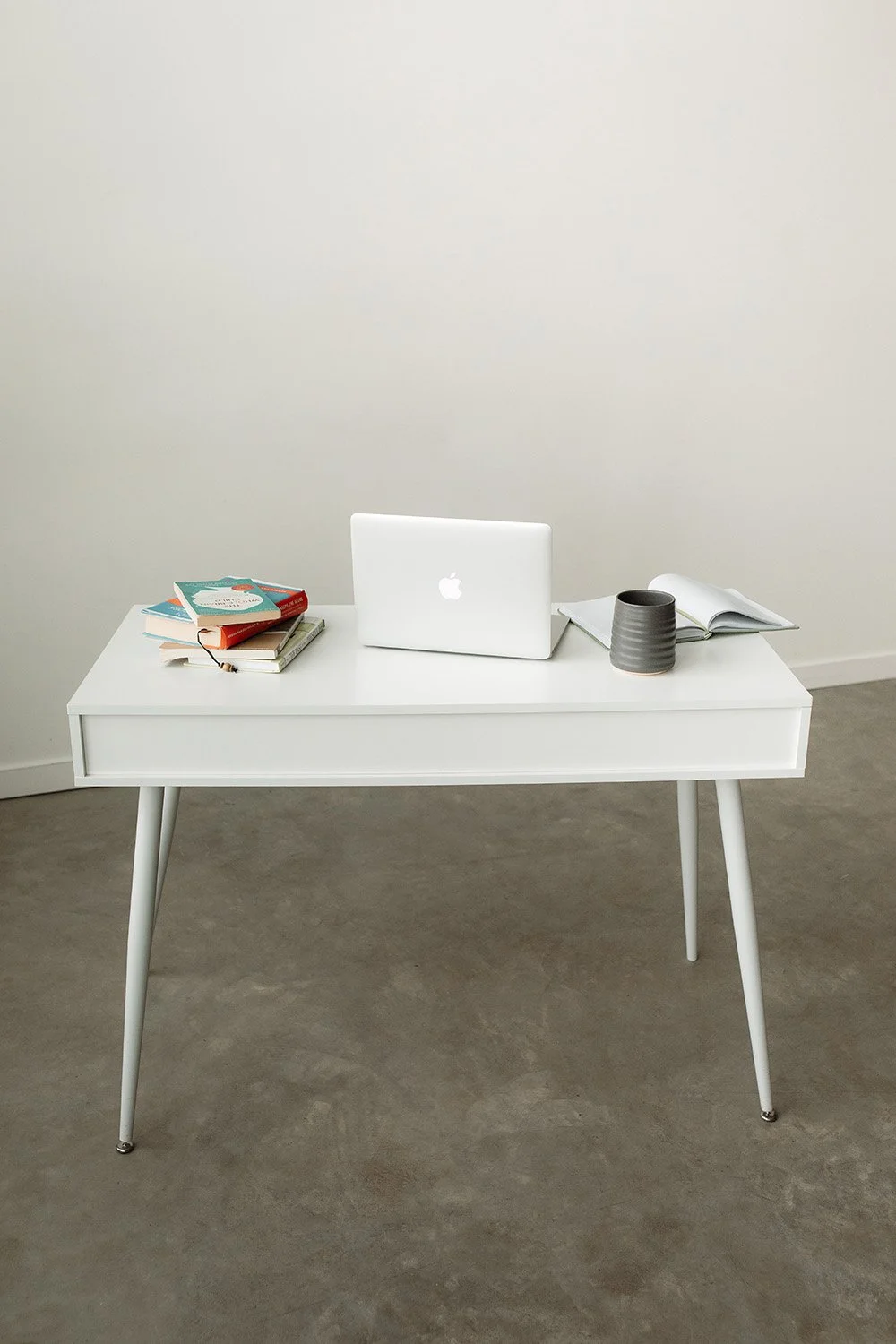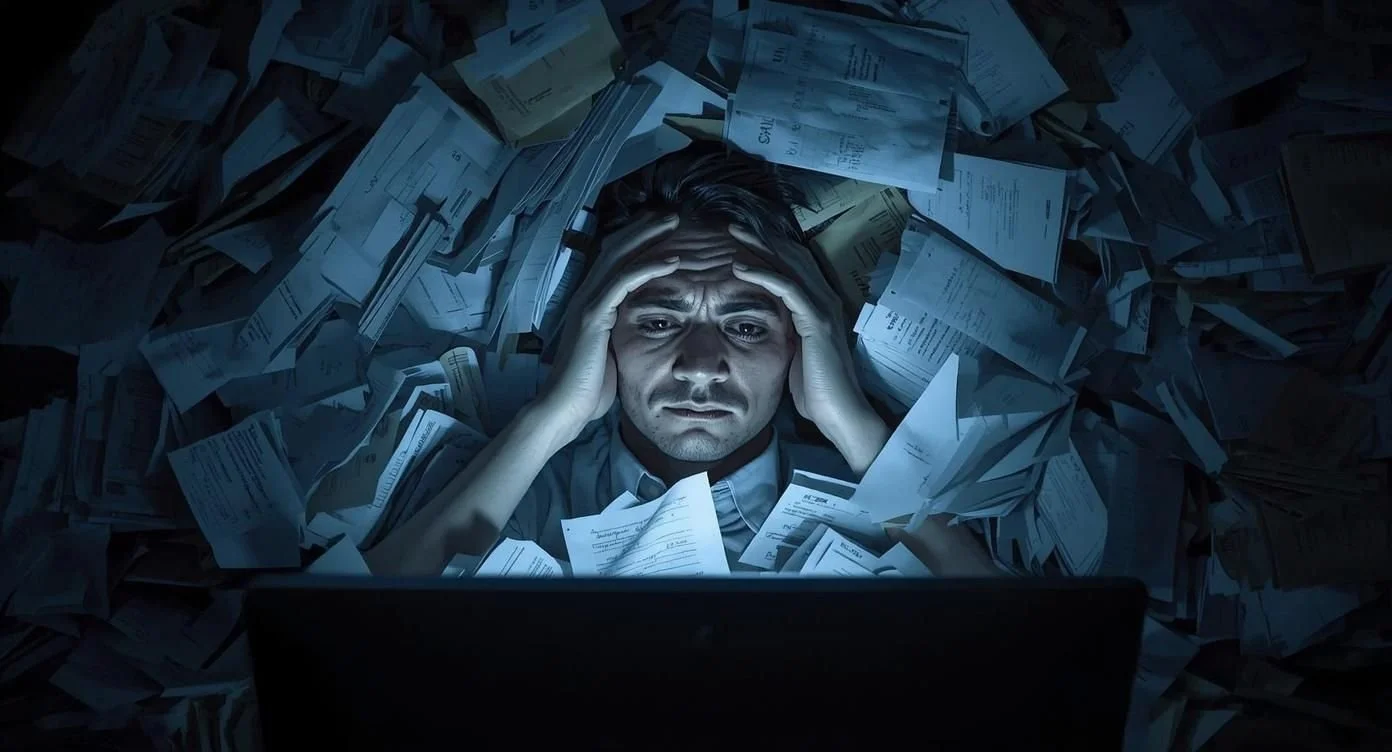
Depression Therapy Calgary
Feeling caught in the grips of depression? We provide individualized depression therapy in Calgary tailored to people just like you, who want to feel better and have a better life.
Don’t let depression hold you back — Start your counselling journey with us today.

Feeling Caught in the Cycle of Depression?
Depression can feel like an elephant sitting on your chest. You can’t breathe, you can’t move, and you can’t see a way out. You can start to wonder how, or if things will ever get better.
You’re losing interest in the things you used to love. You sleep too much, or not at all. You’re constantly feeling sad, guilty, like you’re never doing enough. You start to feel irritable. Your relationships are suffering because you find yourself pulling away.
We know things feel hard and that you’re desperate for change. You don’t have to pull yourself out of this alone. One step at a time, we will walk alongside you to get you out of the trenches and moving towards your goals and the life you want to be living. We can get there, together.
Depression counselling in Calgary that works
Understanding and responding to factors that contribute to lower mood
Identifying lifestyle changes to improve how you feel and provide relief
Strategies to manage the thoughts keeping you trapped
Skills to improve sleep and overcome insomnia
We understand that depression can negatively affect all aspects of your life. Whether it is affecting your ability to show up in relationships, perform at work or be present in the moments that matter, it can infiltrate everything that’s important to you.
We bring extensive experience in working with people living with depression. We know that what you’re experiencing is hard and that the path out often feels unclear. We are here to help lift you up, remind you of what you’re capable of and provide skills to move forward.
We’ve seen people just like you be freed from the weight you are carrying, and we want to use our skill and expertise to help. It doesn’t have to be like this forever, it can and will get better.
Your Calgary Experts in Therapy for Depression

Our Specialized Therapy for Depression in Calgary
-

Reactivation
Our Calgary depression counselling provides the tools you need to regain motivation and re-engage with life, activities, and interests.
-

Engagement
Our Calgary depression treatment plans recognize that depression often leads to isolation. We will equip you with skills to connect with others and re-engage with the world around you.
-

Shifting Thinking
Our Calgary therapy for depression will provide you with strategies to overcome negative thoughts that leave you feeling stuck and low, helping you develop a more resilient mindset.
-

Purposeful Living
Depression can obscure your ability to find purpose in life. Our Calgary depression counselling can help you regain your sense of value and direction.
How it Works - Finding the Right Calgary Depression Therapist
Prairieview Psychology is focused on providing quality therapy for depression that is catered to your unique needs. Book a free 15 minute consultation to discuss your goals for therapy.
-

Schedule a Free Consultation
-

Book an Appointment
-

Work on Your Goals
-

Get Results

Our Approach to Therapy for Depression in Calgary
At Prairieview Psychology, we know that you want to live a productive, meaningful and purposeful life; we also know that it’s not that easy, especially when you are in the depths of depression. You aren’t in this fight alone.
Beyond just feeling “sad” or numb all the time, depression impacts your ability to show up, to be yourself and to live life to the fullest. Experiencing this long-term can leave you feeling hopeless and unsure where to turn.
If this is you, it’s important for you to know you’re not the only one. Depression is a common experience in today’s world, but that doesn’t mean you need to accept it. We recognize that each individual is unique; so is our approach to you and your challenges.
At your first appointment, you will work with your therapist to understand your goals for depression therapy, identify the areas for growth and change, and create a plan to start working on the skills to confront your depression.
We believe in you, and know that you’re capable of moving through this. Things don’t have to be like this forever.
Reach out today to book a consultation to learn about how we can help.
Our Calgary Depression Counselling Specialists
-

Joel Mader, Psychologist
As a psychologist in Calgary with over 10 years experience working with individuals, couples and families, Joel has helped hundreds of people just like you overcome depression and improve their mental health. He can help you cope with the challenges that come with low mood, feelings of hopelessness, and loss of motivation by providing you with strategies that work.
-

Kelsi Mader, MSW RSW
Kelsi is a therapist with over a decade of experience helping people navigate depression, life transitions, grief, and other mental health challenges. Kelsi provides compassionate care and will help you to address feelings of sadness, loss of interest, and challenges with mood so that you can regain a sense of purpose and live a happier, more meaningful life.
-
Depression isn't just about feeling down; it's a real and serious mental health condition that can deeply affect your feelings, thoughts, and actions. If you are suffering from depression, you might find yourself struggling with a lot of different experiences, from feeling hopeless, having trouble focusing or even thoughts of harming yourself or suicide.
Depression can stem from a complex mix of a person's genetic background and environment. It's not usually caused by a single thing, but rather an interaction of many factors.
For instance, someone might have a genetic predisposition to depression, and then environmental stressors, like financial worries or relationship problems, could trigger symptoms.
Mental health problems, such as grief, can also be mistaken for depression, as they can share similar symptoms.
-
Depression can feel different for everyone, but there are some common signs of depression to look out for. It's not just about feeling sad; it can really interfere with your emotions and make you feel really anxious or irritable.
Your thinking can get jumbled, and you could feel incredibly tired, have no energy, or even feel restless and unable to sit still. You might also notice changes in your behaviour, like not wanting to go to work, pulling away from friends and family, or finding it hard to take care of yourself. It might be challenging to take care of basic things like attending to hygiene or personal care.
Other symptoms or signs that often come with depression include having trouble sleeping, feeling overly guilty about things, and noticing changes in your appetite.
-
Absolutely. There's solid research out there, especially on therapies like CBT (that's Cognitive Behavioral Therapy), that shows it can reduce and improve tough depression symptoms for most people. It's not a magic solution for everyone, though, and how well it works can also depend on you and your personal situation.
-
The time it takes for our approach to therapy for depression in Calgary to have benefits varies from person to person. While most will start seeing improvements in just a few sessions, others could use longer term support. Short-term therapy, usually 8 to 12 sessions, is pretty common, but if someone has chronic or more persistent depression, sticking with ongoing therapy may be best.
-
In your first meeting with one of our Calgary depression therapists, your counsellor will spend some time getting to know you. They'll ask what you've been through in your life, and what's bothering you now. Together, you'll talk about what you hope to get out of therapy and come up with a depression treatment plan that's made for you. This first meeting is also a chance for you to ask any questions you have and get a feel for whether your therapist is someone you can trust and open up to – these are especially important ingredients of effective therapy.
-
Beyond engaging in depression therapy and treatment in Calgary, there are several lifestyle changes that you can work on to boost your mental well-being. These can include:
Regular Exercise: Boosts mood and lowers stress.
Healthy Eating: Stabilizes energy and mood.
Adequate Sleep: Crucial for mental recharge and emotional regulation.
Stress Management: Find healthy ways to cope, like yoga or hobbies.
Social Support: Connect with others to feel less isolated.
Mindfulness Practices: Meditation, mindful walking and yoga can calm the mind and reduce rumination.
Limiting Screen Time/Digital Detoxes: Can clear your head and reduce anxiety.
Engaging in Hobbies/Creative Outlets: Provides purpose, joy, and distraction.
Spending Time in Nature: Reduces stress and improves mood.
Not all of these will work, especially in isolation. It is also important to acknowledge that it is really hard to incorporate new activities or behaviors when you are caught in depression, so be gentle on yourself as you try to make changes.
-
Yes, online therapy is a convenient and effective option for many individuals. Virtual sessions offer access to professional support from the comfort of your home, serving as a beneficial alternative for those facing mobility or scheduling challenges. We offer online counselling for depression to those in Calgary and to residents across the province of Alberta.
-
Yes, depression therapy in Calgary alone can be effective for many experiencing depression and counselling has been recommended to be a first line treatment. However, in certain instances, a combination of therapy and medication may be recommended to achieve more optimal outcomes in depression treatment. We encourage you to consult with your family physician to determine if medication, in conjunction with therapy, would be of benefit to you.
-
No, not everybody responds to depression therapy in the same way. What works well for one person might not be the best fit for another. Things like the specific kind of depressive symptoms, other issues going on in life (such as other health problems), how much support the person has, and even how well they click with their therapist can all play a role in how effective therapy will be in treatment of depression. Sometimes, you have to try out a few different approaches to find what really works for you.
-
It's expected for depression therapy to take some time to really kick in and have an effect. If you're not seeing things get better but you have been trying to use the skills learned in therapy, the best thing to do is to talk it over with your therapist. They can tweak their approach, try different ways of working, or even point you to other supports that might help.
-
While fees can vary based on a therapist's specialization and expertise, at Prairieview Psychology, sessions prices range from $220 - $240 per appointment. Each standard session is 50 minutes long.
FAQ on Depression Therapy in Calgary

Sign up to Receive Mental Health Tips & Tricks at your Fingertips
From the Depression Counselling Calgary Blog
Struggling with depression?
Reach out to Prairieview Psychology today. We offer free 15 minute consultations to discuss your goals for therapy to determine if we have the right background to assist you. Fill out the contact form, send us an email or give us a call to schedule a consultation today.








